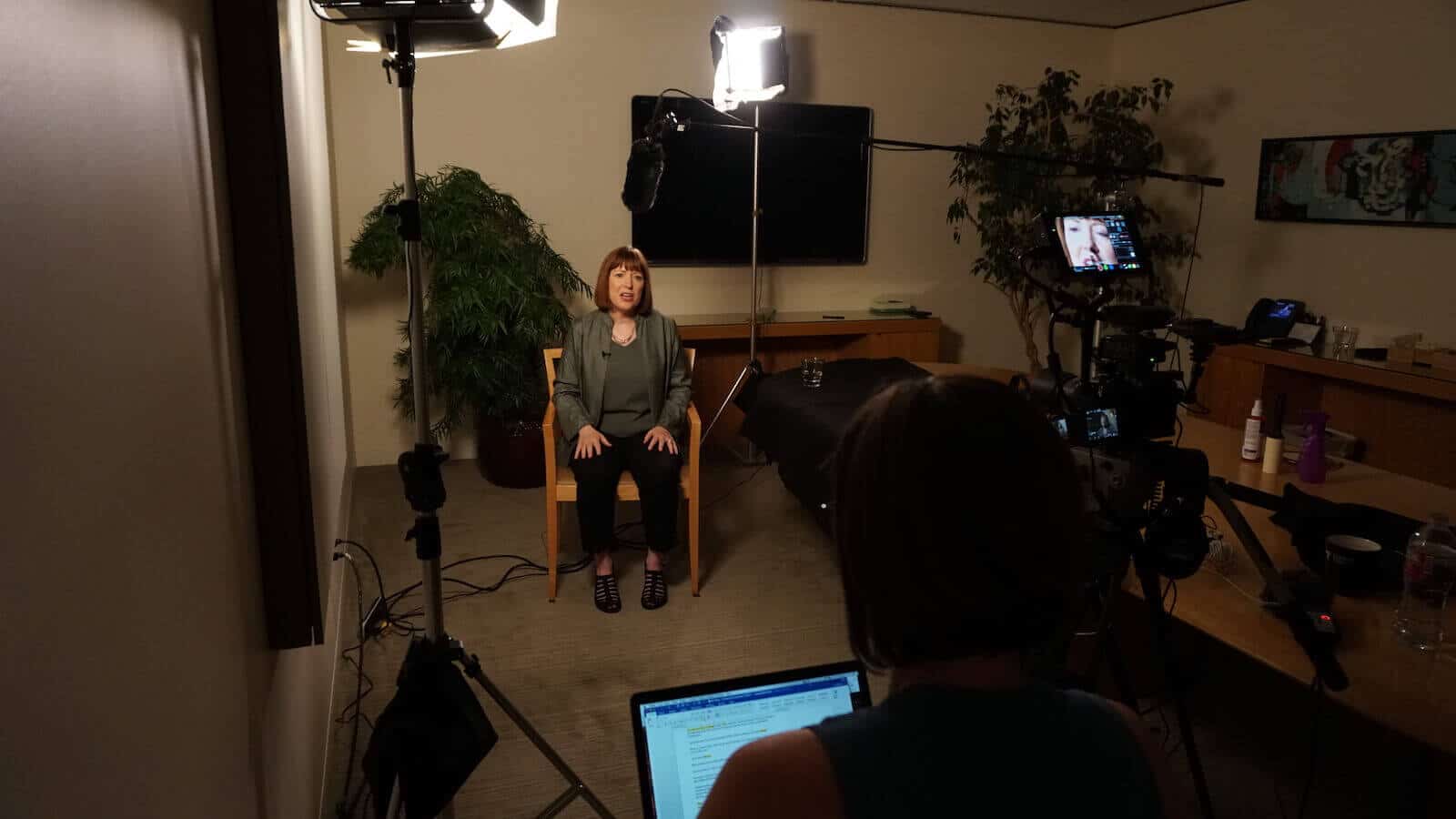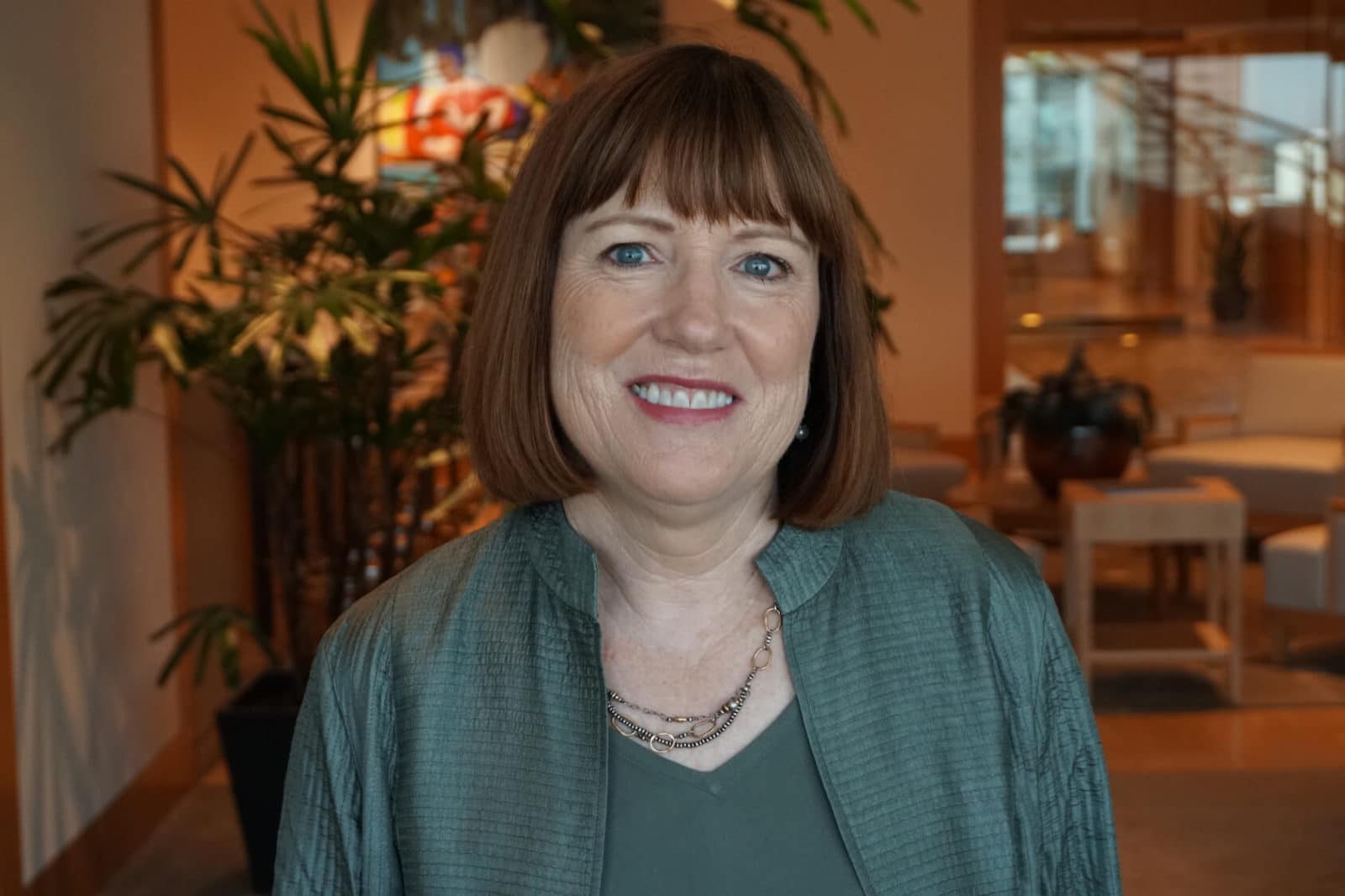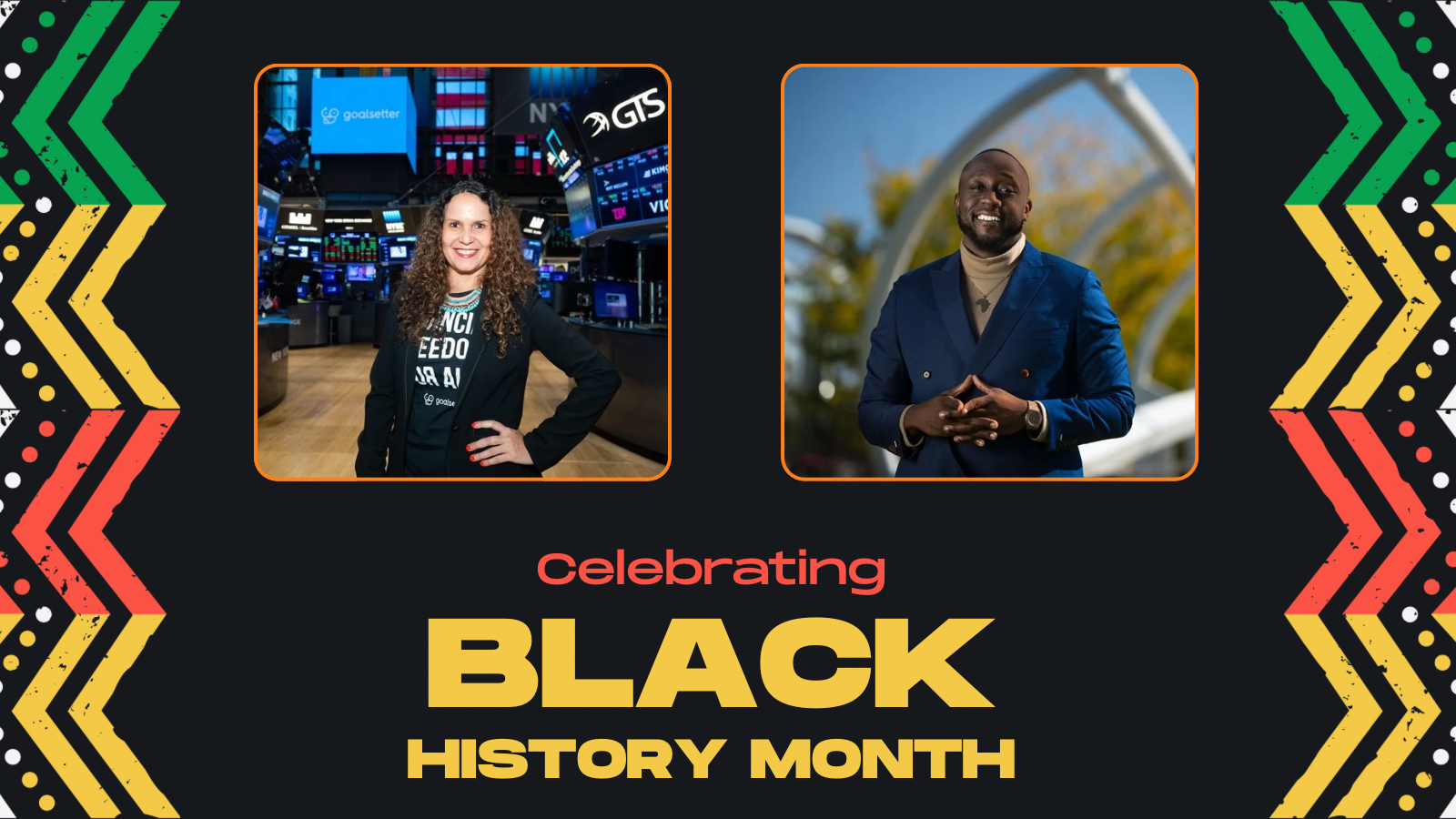What compelled you to start Hemex Health?
You reach a point in your life where you feel like you know what you do best. And, you decide to take those skills and do something that’s going to have the greatest impact. That’s really why Peter Galen and I started Hemex Health.
This is actually the fourth time we’ve worked together. We’ve developed over 60 medical devices, and a number of them have been in the developing world. We saw that having the right kind of medical technology could make a huge impact.
We started Hemex with the idea that we knew there were a lot of technologies in universities that could be brought to the developing world. We talked to over 20 universities, looking at a couple of hundred technologies. Peter and I wanted something that could solve big problems in the developing world, and impact millions of people. We selected two technologies that became the core of Hemex Health.
How did your childhood dream turn into this one?
I was always curious about the international world. Where I grew up, we didn’t travel very much and rarely went outside the state. I wanted to visit far-off lands. Even from the time I was in second grade, I started saving my money to take a trip to Europe. That finally became a reality when I went to university, majored in international business, and used my savings to study abroad in Germany for a semester.
That curiosity about the outside world—especially the developing world—is really something that has fueled me all along with the work we do at Hemex Health.
Tell us about Hemex Health.
Hemex Health is really trying to solve the problem of getting great medical technology out to emerging markets in the developing world. As these populations continue to grow, they will not have enough physicians or the right facilities to care for everyone.
Hemex Health offers an affordable sickle cell diagnostic that can be used during vaccination. Our technology is appropriate for the developing world, because it is simple and quick. It starts with a finger-prick of blood, and a battery-operated reader does an analysis in less than a minute, telling the healthcare worker what the diagnosis is. Using an AI approach, we continually improve our devices as we work with more patients.
Right now there is no way to diagnose children for sickle cell disease. Most children in these countries die by age five. Just with early diagnosis, and some basic management, 70% of these kids can live. There’s a huge opportunity to find the right technology, and package it in a way that is accessible and affordable.
During the early stages of Hemex Health, what was the impossible challenge?
When we started Hemex, we were working on a couple of technologies to test malaria and sickle cell disease. We ran diagnostics that could be performed out in developing areas in these emerging markets. Malaria and sickle cell are diseases that most people here in the U.S.—including most investors—don’t relate to.
We faced that challenge with how to engage investors, so they could relate to what we were doing. When we went overseas and talked to investors in India. They understood the problem, but they had a hard time understanding the technology.
That’s really one of the reasons why we started doing well early on with TiE investors. Because they were from India and now lived in the United States, they both understood the problem and the technology Hemex offered to help solve that problem.
Share an “aha” moment from your first year in business.
During our first year at Hemex, we licensed two technologies—one for malaria and one for sickle cell disease. We originally envisioned two products, but as we talked to people we had a big “aha” moment.
We went through a lot of deliberation analysis and decided to combine these two products into one device. This enabled us to take both technologies forward to create a stronger value proposition.

Any rituals that help you stay healthy and productive?
It’s true that it’s hard to have work-life balance when you’re running a startup. Hemex Health is actually my third startup. One of the things that’s worked out best for me is having great partners. It’s important to share the workload and the stress, because there are always times when one is up and one is down.
Personally, I had a great escape when my kids were younger and I couldn’t constantly think about work. Now that my kids are grown up, I focus on making sure I have time away, whether I’m hiking or working out. Time away will pay off for your business, because that’s when you have great insights. You’re not so close to the trees that you don’t see the forest.
What challenges do underserved entrepreneurs need to overcome?
The environment is much better now than it was back in 1997 when I launched my first startup. There is a larger network of women, and people working globally who have different backgrounds. Networking is really critical. Connecting with people who are like you, and maybe not like you, will help you move things forward.
That’s been one of the real advantages of the TiE network and working with Nitin. Elevate helps enable these connections. When you meet somebody that has that something special, they could become a partner or advisor.
Meeting people through networking, no matter how unattainable I thought they were, has paid off a number of times. Meet people and ask for support—things will happen for you.
Describe your venture capital experience with the Elevate team.
We met Nitin through TiE Oregon. TiE was a great experience for me, because that was the first time I presented the idea for Hemex to a group. Hemex Health resonated with people right away, because the people at TiE personally understood the impact malaria had on families in their home countries.
Nitin really encouraged me to leverage the TiE network, so I presented at TiE Silicon Valley and found a lot of great connections. Through TiE Global we were connected with investors from India, the UK, and all over the U.S., who decided to partner with Hemex Health.
Connecting people to create opportunities is something Nitin does really well. The actions Nitin takes make a difference when you’re an aspiring entrepreneur.
In what ways does Nitin Rai’s mentorship guide your success?
Introductions and connections through Elevate have continued to be really valuable for us at Hemex Health. Nitin never hesitates to provide feedback and share tools that can support what we’re doing. Overall, I feel like Elevate is a great group of mentors I can contact whenever I need something. If they don’t have an answer, they connect me with somebody who can help.
How has networking in Portland helped your business?
Portland and the whole Pacific Northwest have changed a lot in the last 20 years. Now there are several funds and angel investors. When identifying which investors I should talk to, I’ve gotten a lot of help from other entrepreneurs. The entrepreneur community here in Portland is extremely supportive.
We’re lucky with the resources available to us, and access to people who are willing to help each other. We ended up raising more money in the Pacific Northwest than I ever thought we would, just because of these connections.
What advice would you give to an aspiring entrepreneur in an elevator?
Make sure you’re doing something you’re very passionate about. I’m driven by the idea that I can do something that could save a million lives. You need that kind of passion, because running a business is hard.
You will have high highs, but you’re going to have low lows too. You will give up a lot of time with your family and friends, and work when everybody else is out having fun. If you’re passionate about what you choose to do, it makes all the difference.



